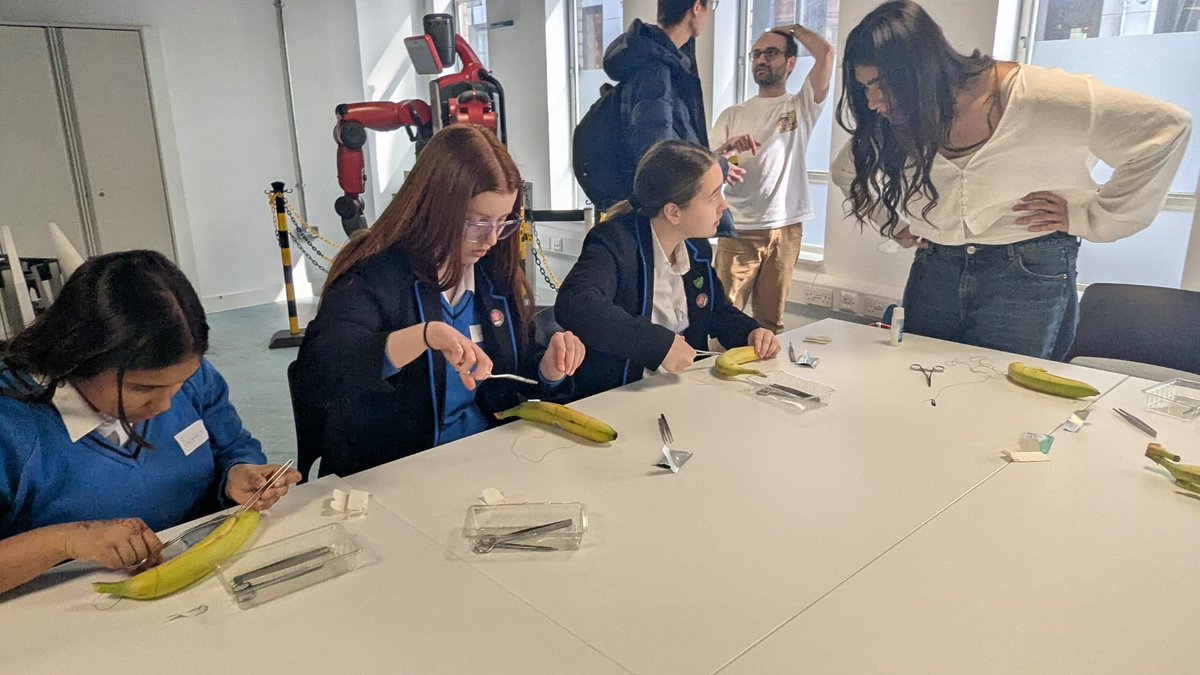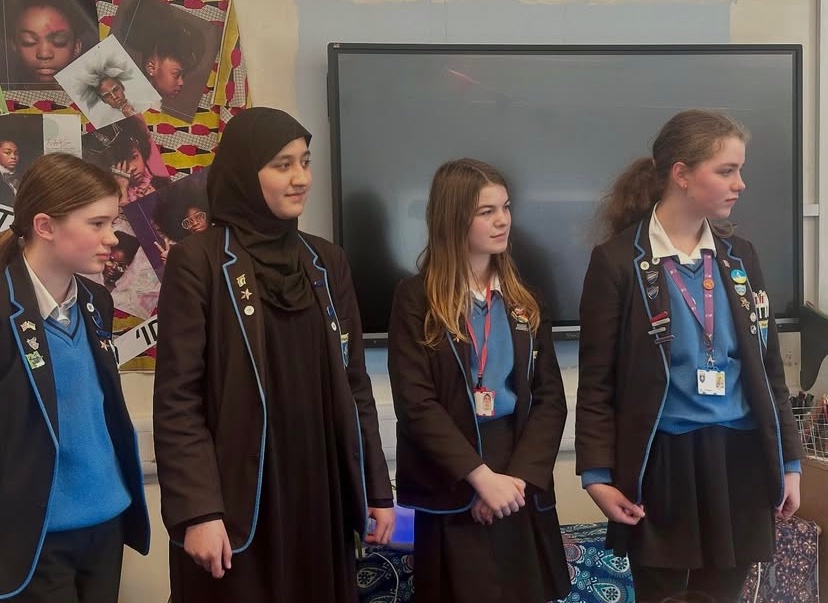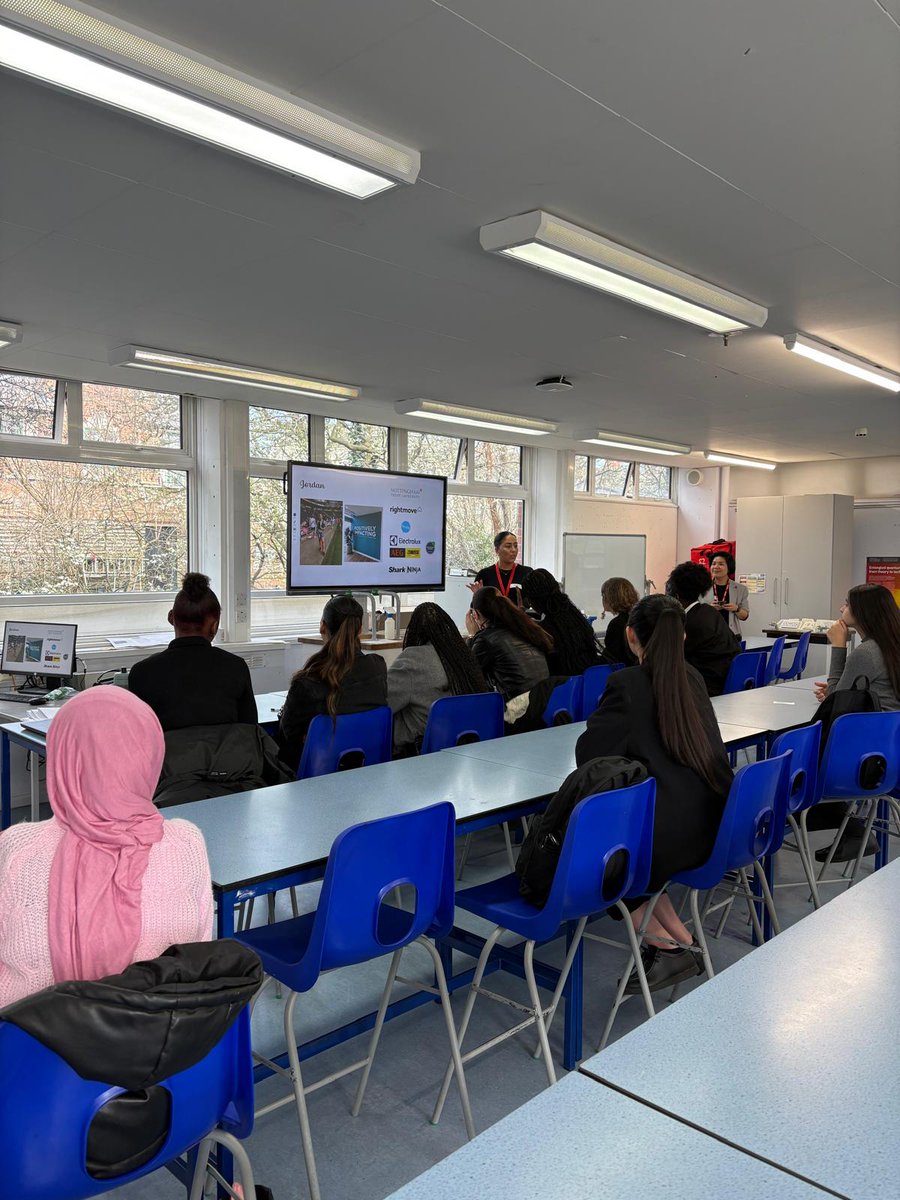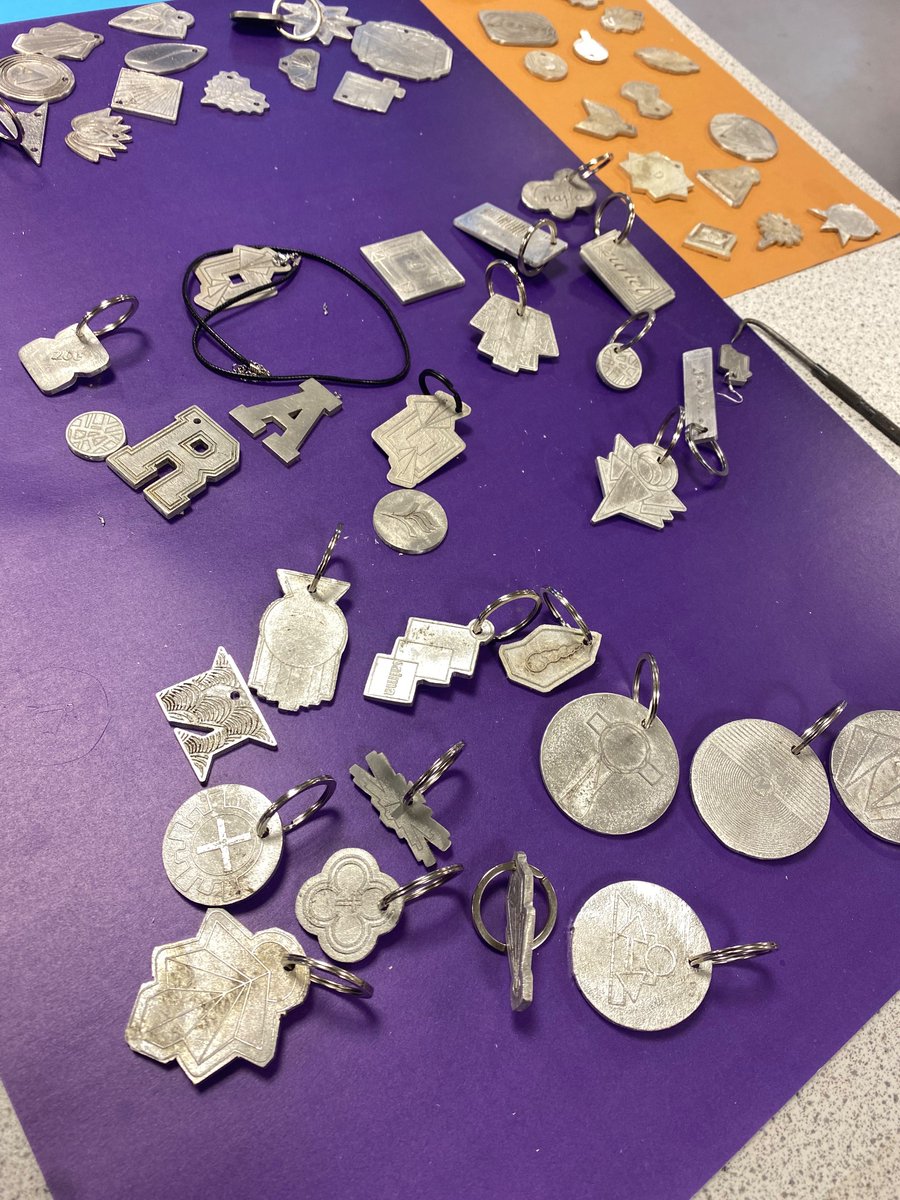Latest News
Posted on November 23rd 2010
Epilepsy Education 4 Schools
Students learned about epilepsy in November as part of the national Epilepsy Education 4 Schools programme.
This new programme provides free teaching for children and school staff to help them to learn about the issues affecting children living with epilepsy.
By helping children understand more about epilepsy, many issues can be addressed and children learn to develop greater respect and responsibility.
Thought provoking
During Health & Social Care lessons, Year 9 students learned what epilepsy is and about different seizure types. They found out what it’s like to have epilepsy and the psychosocial aspects of the condition.
Through group work and role play they were given the thought provoking issue of what it would be like to take care of someone with epilepsy.
The Epilepsy Education 4 Schools Programme is provided by the National Centre for Young People with Epilepsy (NCYPE), which provides specialist care and support services for children and young people with epilepsy all over the UK.
Health awareness fair
Other students at Harris Girls’ Academy had the opportunity to learn more about the NCYPE and epilepsy, through general information and leaflets at their Health Awareness Fair, which was held on the same day.
Over 400 students from the Academy visited the fair at lunchtime to find out about Epilepsy and other health-related topics including; stress, bullying, healthy eating, cancer, STIs, alcohol, drugs and smoking.
Steve Hickman, Director of Health Sciences at Harris Girls’, commented: 'It’s extremely important that greater awareness is raised both within and outside our school community. The Epilepsy Education 4 Schools session was both informative and inspiring. We discovered that epilepsy is more common than type 1 diabetes and it can be a very difficult condition for young people to live with. I believe it deserves a lot more recognition and understanding.'
For more information about Epilepsy Education 4 Schools visit the NCYPE website at www.ncype.org.uk/epilepsy or email epilepsyeducation@ncype.org.uk






















